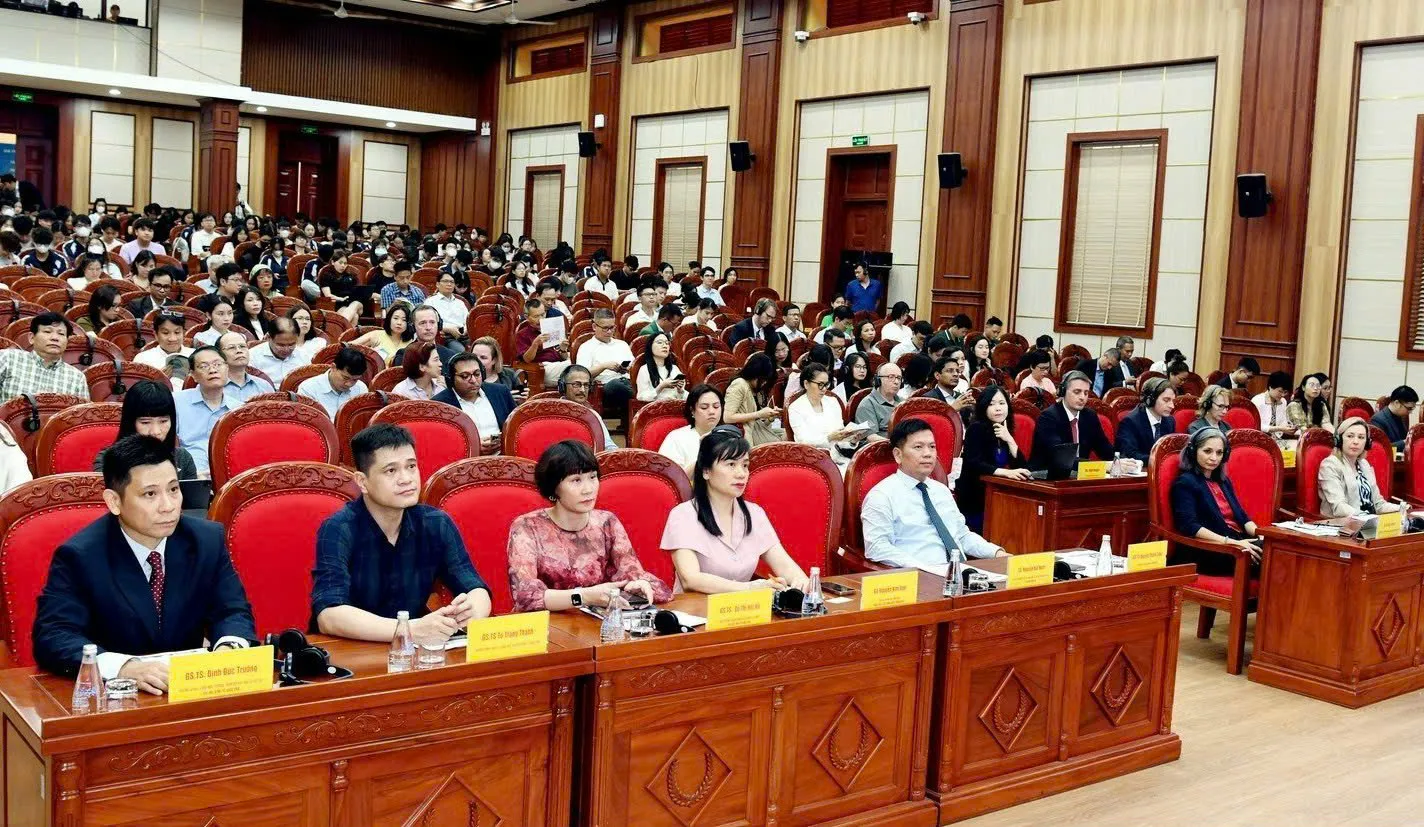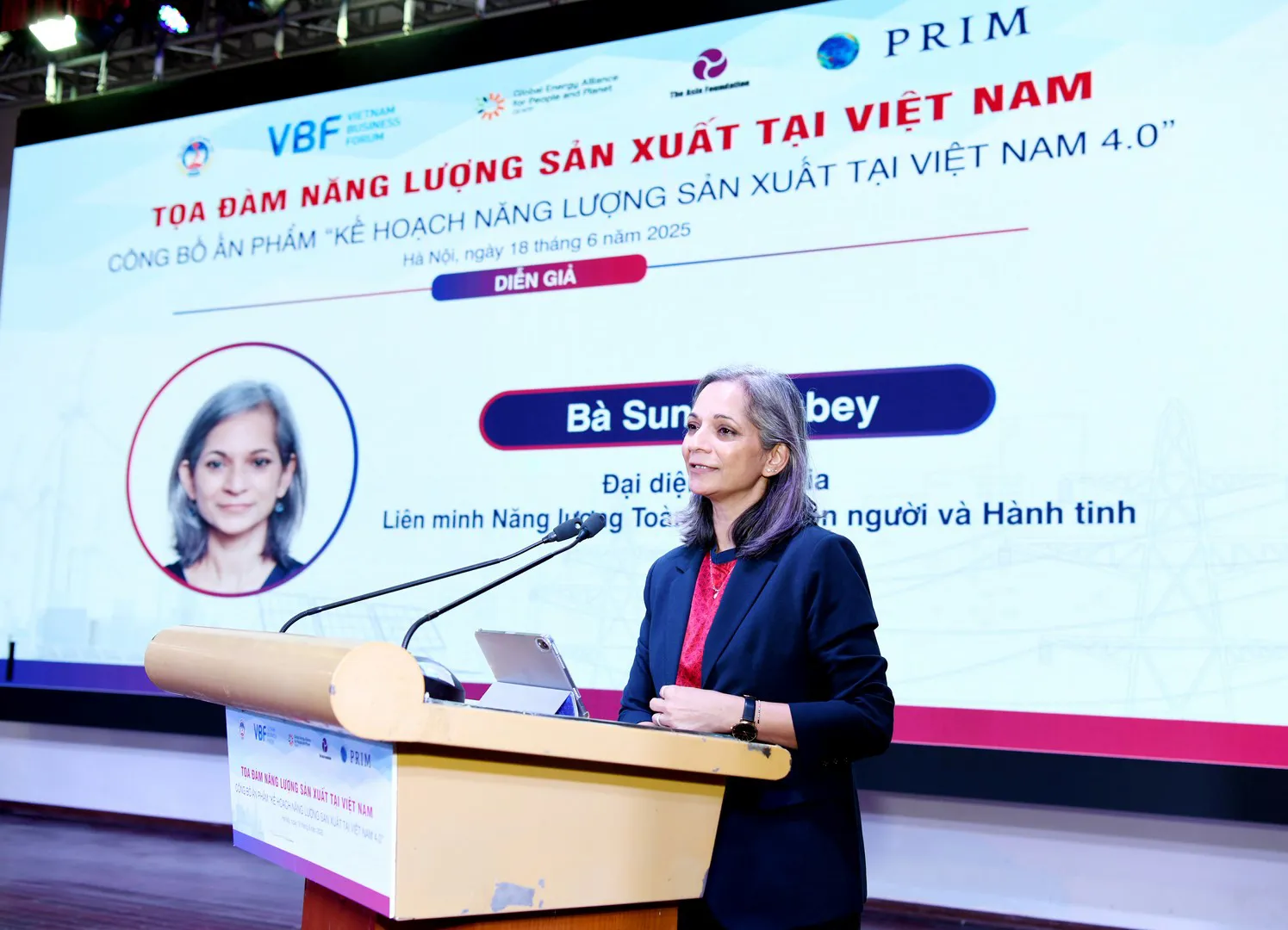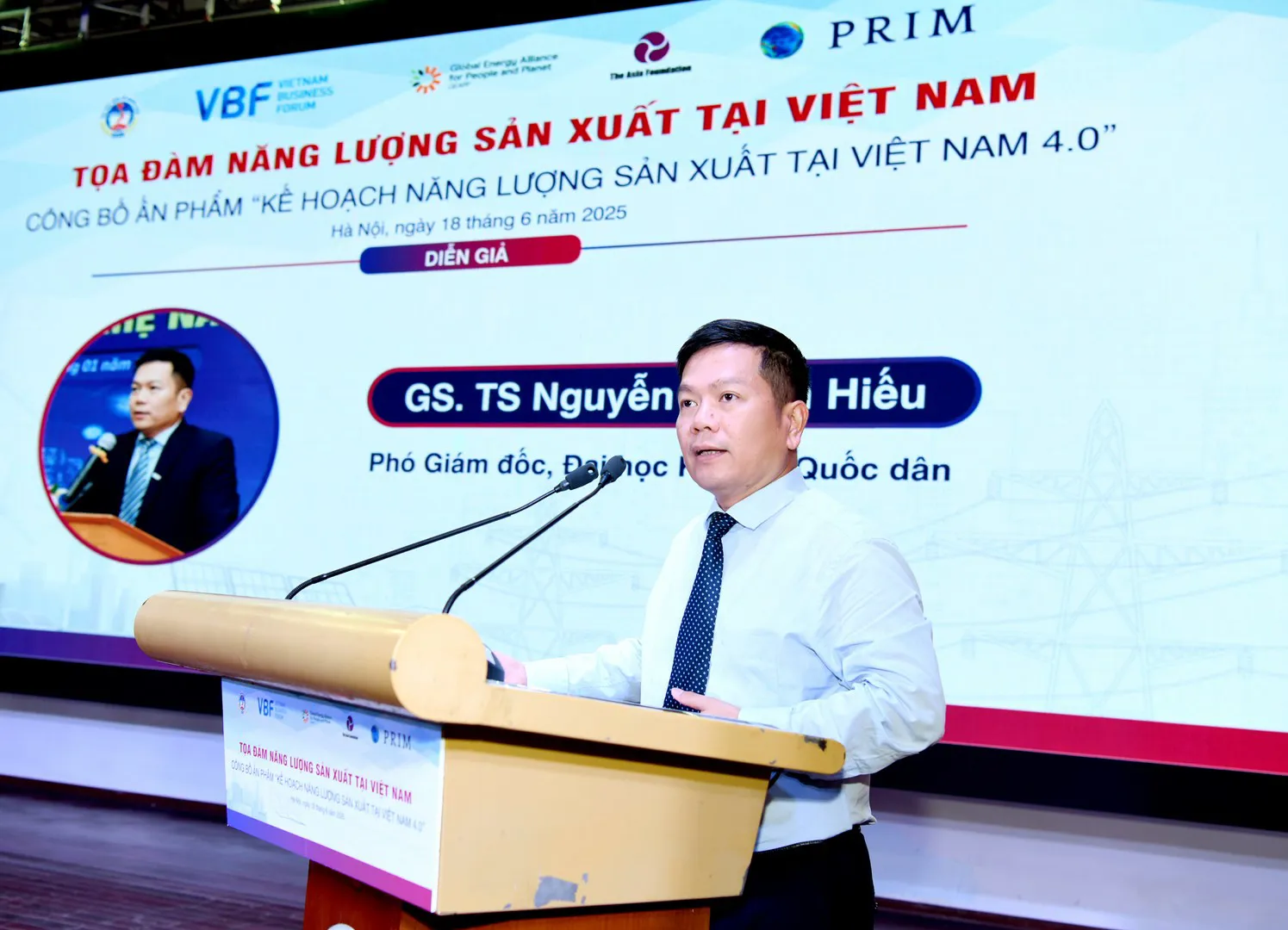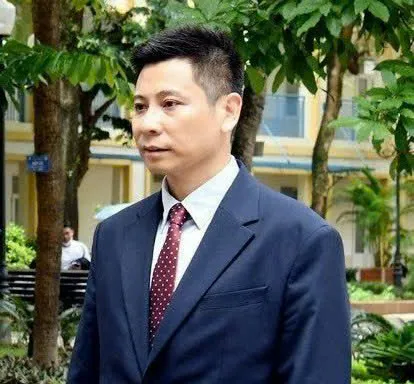Vietnam urged to promotes energy transition
Removing legal and regulatory barriers is essential for Vietnam to achieve its renewable energy goals.
Vietnam needs to promote dialogue among stakeholders to help shape the future of clean energy in the country.
Sunita Dubey, the Global Energy Alliance for People and Planet (GEAPP)'s Country Representative in Vietnam, made this statement at the "Made in Vietnam Energy" seminar, which was held in Hanoi on June 18 by the National Economics University (NEU) and the Power and Energy Working Group (PEWG).
The event was part of the Vietnam Business Forum (VBF) 2025.

An overview of the seminar. Photo: Anh Kiet/The Hanoi Times
Dubey said that Vietnam has shown a strong commitment to the energy transition towards green, clean development and leaving no one behind. The country has also cooperated in promoting the investment and policy reforms needed to build a sustainable, people-centered future.
"We are proud to join our partners in accelerating Vietnam's clean energy transition journey," said Dubey, highlighting the significance of the country's efforts.
She added that developing renewable energy in Vietnam requires coordinated action, from making policies, attracting investors, to creating innovative financial instruments to mobilize large-scale green financing.
"Specifically, Vietnam needs to strengthen institutional cooperation between ministries, regulatory bodies, and local and international financial institutions to attract investment capital to renewable energy in the coming period," Dubey stressed.

Sunita Dubey, Country Representative of the Global Energy Alliance for People and Planet (GEAPP) in Vietnam, speaks at the event. Photo courtesy of the organizer
Speaking at the seminar, Kitty Bu, Vice President of GEAPP in Southeast Asia, highlighted the broader significance of Vietnam’s clean energy efforts.
“Vietnam’s clean energy journey is becoming a model for Southeast Asia. As countries in the region race to meet their climate and energy goals, Vietnam is demonstrating that strategic planning, cross-sectoral dialogue and credible policy can drive rapid progress. Today’s dialogue has elevated the regional conversation, turning ambition into action and vision into results,” she said.
For his part, Dr. Nguyen Thanh Hieu, Deputy Director of the National Economics University (NEU), said: “In Vietnam, boosting investment in renewable energy not only promotes GDP growth but contributes to transitioning the economic growth model toward sustainability. However, the sector faces many challenges, including energy security, fluctuating input prices, pressure to reduce greenhouse gas emissions, and the transition to green growth.”

Prof. Dr. Nguyen Thanh Hieu, Deputy Director of the National Economics University, speaks at the seminar. Photo courtesy of the organizer
Hieu cited a McKinsey & Company analysis stating that if Vietnam maintains an average annual investment of $15 billion in renewable energy between 2025 and 2040, its GDP in 2040 could be 6% to 10% higher than in a scenario without investment in renewable energy.
According to him, to realize the country’s renewable energy development goals, Vietnam needs to implement synchronized and effective solutions to attract substantial investment from local and international sources.

Prof. Dr. Dinh Duc Truong, Dean of the Faculty of Environment, Climate Change, and Urban Studies at the NEU.
Prof. Dr. Dinh Duc Truong, Dean of the Faculty of Environment, Climate Change, and Urban Studies at the NEU shared with The Hanoi Times:
"We want to build a roadmap that ensures a sustainable energy future for Vietnam and enhances the country's competitiveness in the global clean energy sector. This strategic plan accelerates the development of renewable energy, reduces dependence on fossil fuels, and aims to reach net-zero emissions by 2050.”
However, Truong said that Vietnam still faces many barriers to attracting investment from domestic and foreign investors in renewable energy. One of the major obstacles is lack of consistency, stability, and transparency in the current legal and policy framework.
He suggested that Vietnam should develop specific solutions to improve the investment environment, especially to attract long-term capital from foreign investors for renewable energy projects.








